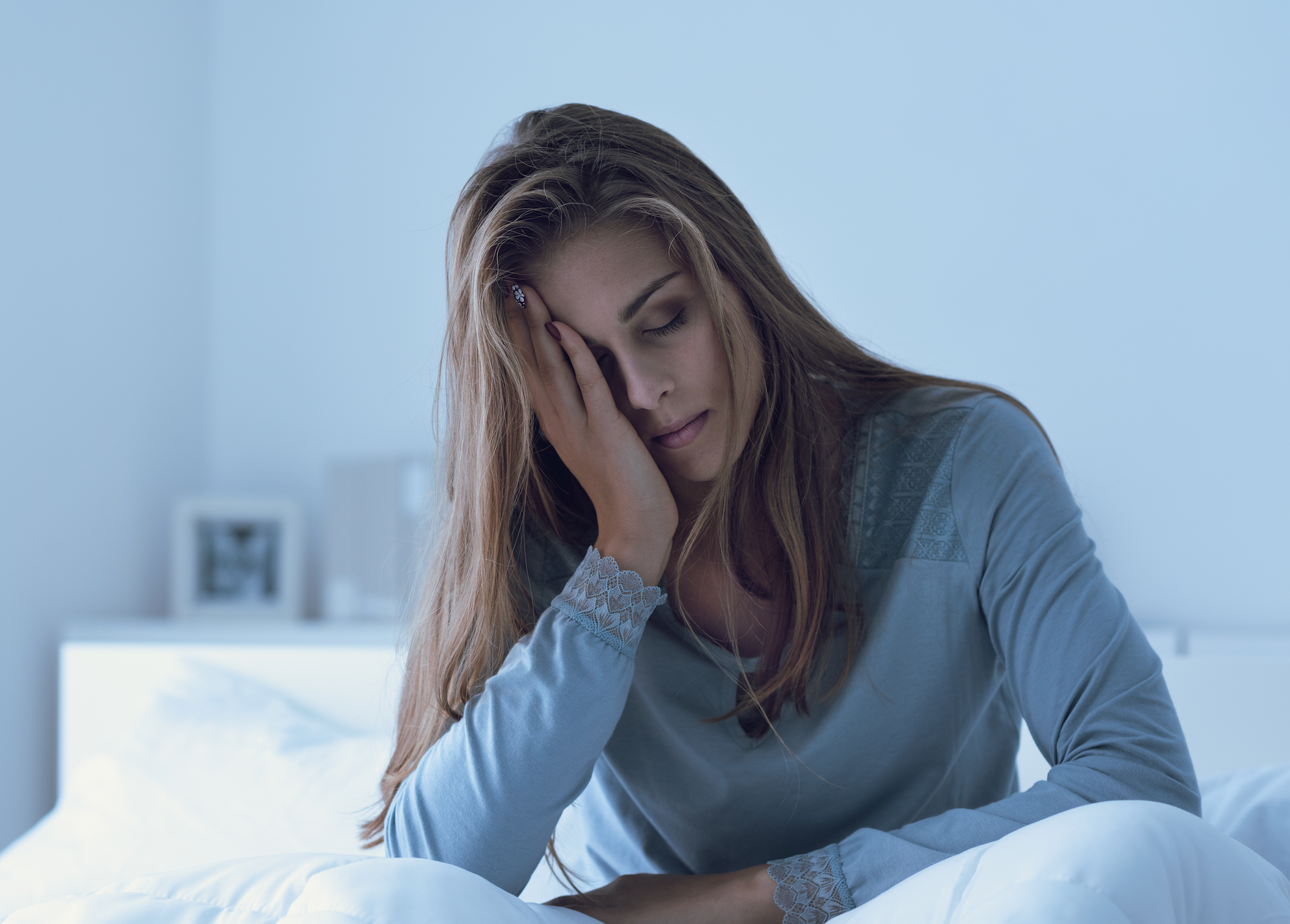
Things to Know When You Have Trouble Falling Asleep, With Harneet Kaur Walia, M.D.
Trouble falling asleep? Understanding the root cause is the first step to better sleep.
By
Lana Pine| Published on June 27, 2025
3 min read
If you’re having trouble falling asleep at night, you’re not alone. According to Harneet Kaur Walia, M.D., medical director of sleep at Miami Cardiac and Vascular Institute, part of Baptist Health South Florida, there are many different reasons why people struggle to drift off — and finding the root cause is key.
The first step is to identify what’s keeping you awake. For some, the issue may be medical, such as chronic pain, shortness of breath or a persistent cough. For others, certain medications — like stimulants or some antidepressants — can interfere with sleep. Lifestyle habits like drinking caffeine too late in the day can also be a culprit.
Sleep disorders may also play a role. Restless legs syndrome, which creates an uncontrollable urge to move the legs in the evening or at night, can make falling asleep difficult. Another common issue is circadian rhythm disorders, like delayed sleep phase syndrome. People with this condition may not feel sleepy until very late at night, making it hard to stick to a regular bedtime.
Poor sleep habits are another common factor. Irregular sleep and wake times — especially when people sleep in late on weekends or take long daytime naps — can throw off the body’s natural sleep-wake cycle. Walia also points out that anxiety about not being able to fall asleep can make the problem worse. This can lead to behaviors like napping during the day to catch up on sleep, which only makes falling asleep at night harder.
If your difficulty falling asleep lasts more than two to three months and starts to affect your daily life — such as causing fatigue or trouble concentrating or impacting your mood — it’s time to see a sleep specialist. They can help assess underlying causes and create a tailored treatment plan.
In the meantime, Walia recommends practicing good sleep hygiene. Start by keeping a consistent sleep and wake schedule — even on weekends. Avoid caffeine after lunchtime and limit screen time at least an hour before bed. Reducing bright light and electronic use in the evening can help signal to your body that it’s time to wind down.
Ultimately, understanding the cause of your sleep troubles and making small but consistent lifestyle changes can make a big difference in helping you fall asleep more easily.
5 Things to Know When You Have Trouble Falling Asleep
- Identify the cause: Medical conditions, medications, anxiety or sleep disorders like restless legs syndrome could be the issue.
- Watch your habits: Irregular sleep schedules, late-day naps or caffeine after lunch can all make it harder to fall asleep.
- Create a sleep-friendly environment: Limit screen time and bright lights at least an hour before bed.
- Be consistent: Stick to the same sleep and wake times every day — even on weekends.
- When to seek help: If trouble falling asleep lasts more than two to three months and affects your daily life, see a sleep specialist.

